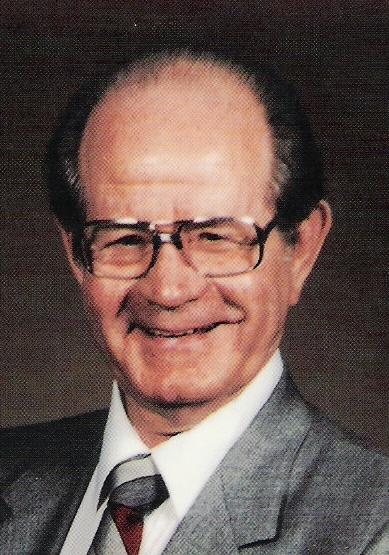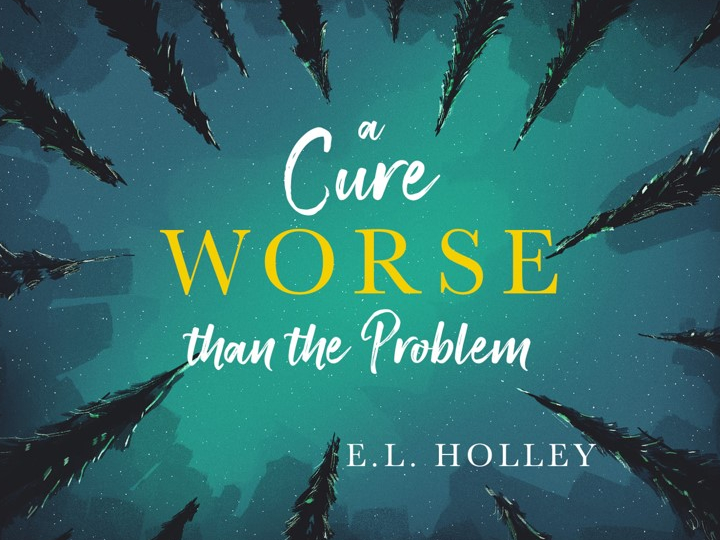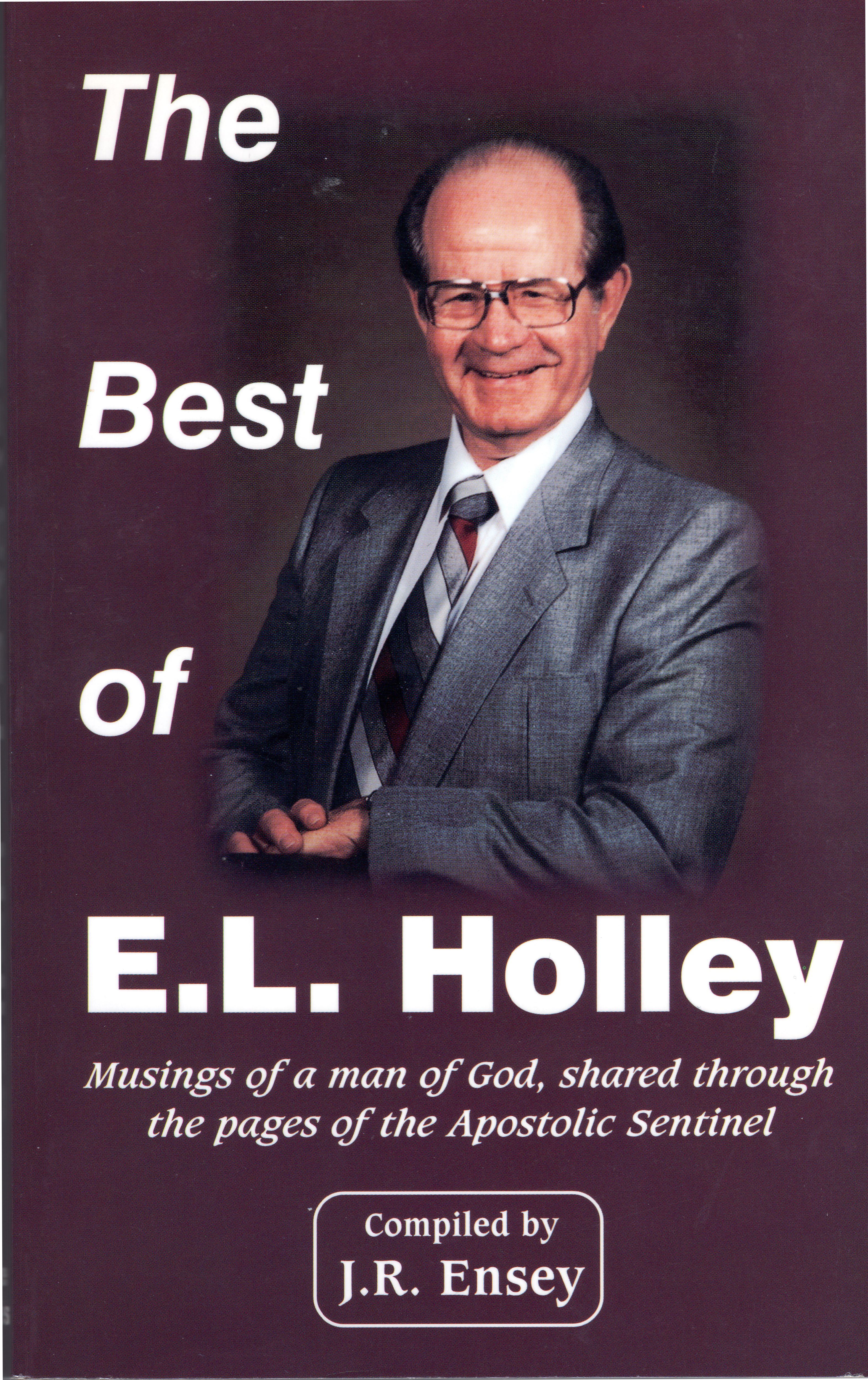
By E. L. Holley
Solutions are not always simple!
If that seems to be the expression of the obvious, so be it. However, it seems to me that we not only need to say it, we also need to meditate on it. Perhaps a little meditation in this area could save us a lot of futile efforts.
Over a hundred years ago, a story goes, some American families were faced with such a vexing problem they decided to do something about it. The problem involved the common house fly. Hordes of flies made life almost unbearable. To rid themselves of the pesky little insects they tried everything. Well, almost everything.
Finally, a solution was offered which was held to be the ultimate by its exponents. Each family was urged to acquire a hornet’s nest for the home. Driven to distraction, many accepted this unusual proposal, feeling something must be done.
The idea was that the hornets would keep the house free of flies. Moreover, its promoters argued, hornets would not bother people so long as people would not bother them. It seemed simple enough. And, since something had to be done, the idea was implemented by many progressive-minded people.
The only problem they encountered was one of education. It took too long to learn what did and did not bother the hornet. Moreover, each lesson learned was a painful experience. Whether the original problem was solved or not, we are not told. But, it is reasonable to assume that the solution was laden with its own set of problems.
We are not without problems. We want our church to be the best it can become under God. We want to win the lost. We want to fulfill our God-given role. We want to see harmony prevail in our ranks. These are godly objectives; but, we are not without obstacles and problems. We are in need of solutions.
Yet, solutions, as I said, are not always simple. We can devise a solution with as many stinging side effects as a hornet’s nest.
For instance, our desire for our church to be the best it can become is a noble one. We can look around and find fault. This doesn’t require too much effort. Then, we can degrade a noble desire by comparing ourselves with ourselves-which, according to the apostle Paul, is not wise (II Corinthians 10:12). Such a comparison can begin with declarations that our Sunday school, our church, or our youth group is going to be the biggest, the best, etc. Such remarks initiate a competitive spirit among us. Paul denounced such activity and the attitudes that promote it as the sin of emulation (Galatians 5:20).
Why create new problems? Why not decide to be bigger than you were yesterday? Or, better than you were yesterday? This might keep each of us from trying to make a “name” for ourselves. Actually, at our very best, we are yet unprofitable servants! Why compare?
Another area of vital concern is our God-given desire to win the lost. We share this noble yearning. Our immediate problem is “how?” We can create some very sticky problems in our simple solutions if we are not careful.
Some, in times past, have been so zealous to get men and women to receive the baptism of the Holy Ghost that they have devised “new and easier” ways to experience speaking with tongues. Such teachings are fraught with spiritual disaster. How can you teach a baby how to be born? Teaching someone to formulate “strange syllables” is indeed strange to Scripture!
The desire is good. The obstacles to be overcome in seeing people receive the Spirit are real. But, this particular solution has been proven to be painfully poor. The effort to integrate people into the church has always been a problem. Christian standards sometimes seem strange. Some have felt the transition should be effected gradually; others, suddenly. Solutions have been set forth in a general pattern. But, rarely does a generalization fit specific cases.
Each individual case needs the careful treatment of a shepherd. Only the pastor can effectively solve this problem and it must be on an individual basis.
If the pastor never deals with this phase of the work, new problems emerge. Men will wear their hair longer and longer. The music will get wilder and wilder. Soon, moving picture shows will replace the Wednesday night prayer meetings. Each deviant practice will be defended as if it had been sanctified by the desire to “make disciples.”
Under the guise of providing something for the young people to do, many religious movements have provided dances and gambling games in the basements of their churches. Such a religious frock over the practice is justification enough for them. This is their solution to the problem of keeping their people out of the “dance halls” and “gambling dens.” But, any honest-hearted sinner can see the inconsistency of such a position.
To solve the problem of winning the lost by accepting their music, adopting their lifestyle, endorsing their system of values, and emulating their concepts of “success” is, in my opinion, the poorest of solutions. When we weigh this out properly, we’ll realize we have not “won the lost”; we simply joined them on our terminology, but on their grounds!
Yes, we have some problems. One of our biggest problems is in the area of evaluating the solutions being offered us. We must be ever alert. Simplified success stories need careful analysis. Mature Christians must not make the mistake of taking in a hornet’s nest in order to evict the flies!
Our desire for harmony prompts us to try every conceivable means to achieve it. Yet, there are limits to which we cannot go. When we exhaust all honorable avenues, we must not allow ourselves to be intimidated into departing from the old paths. Such a course of compromise is not the best solution. It may seem to solve the immediate problem; but, in reality the side effects and the end results will not justify the means.
Solutions we need. But, like those who adopted the fly-control system of yesteryear, we could find a solution to be more painful than the problem. Let’s look for true solutions! Perhaps this will help: “If my people, which are called by my name, shall humble themselves, and pray, and seek my face, and turn from their wicked ways; then will I hear from heaven, and will forgive their sin, and will heal their land” (II Chronicles 7:14).
The above article, “A Cure Worse Than The Problem” was written by E. L. Holley. The article was excerpted from J. R. Ensey’s book, The Best of E. L. Holley.
The material is copyrighted and should not be reprinted under any other name or author. However, this material may be freely used for personal study or research purposes.




1 thought on “A Cure Worse Than The Problem (Entire Article)”
Comments are closed.